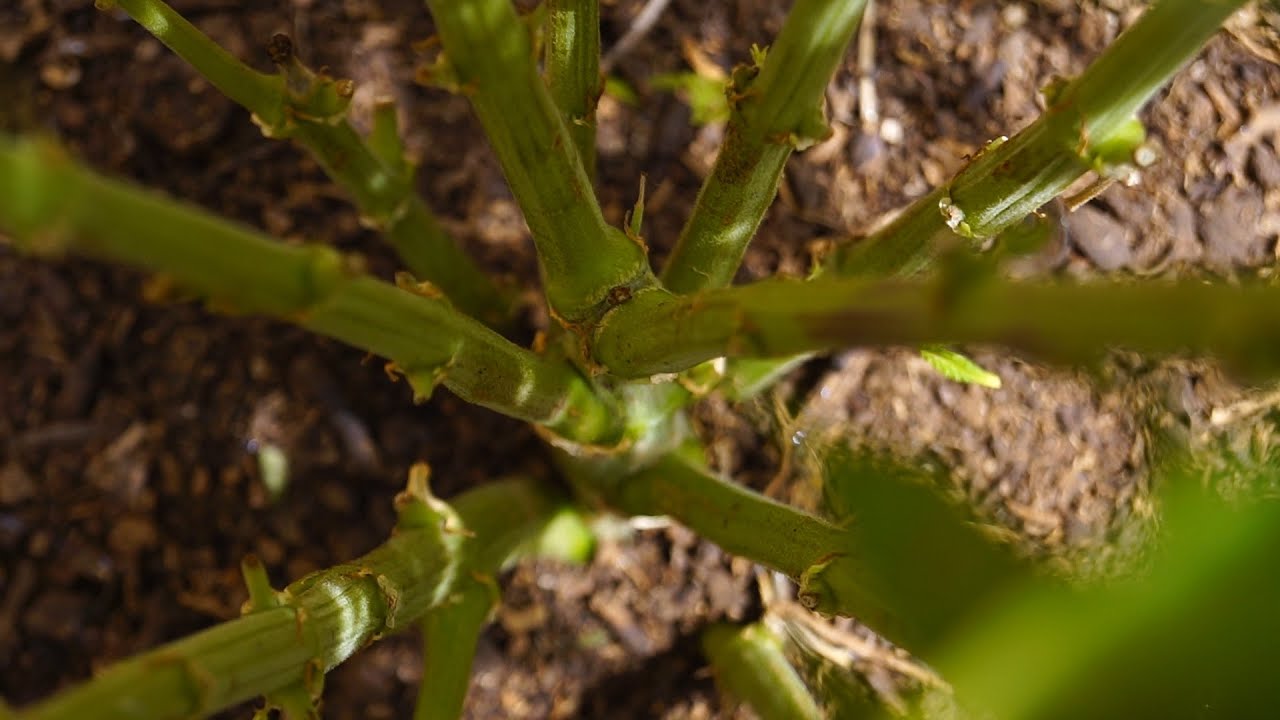Complete Guide to Growing Marijuana Outdoors in 2021
Growing cannabis outdoors has become a popular practice among both novice and experienced growers. In 2021, interest in this activity has grown, driven by the increase in legalization and the potential benefits of medical cannabis. To ensure a successful harvest, it is essential to follow a few key guidelines.
Choosing the Seed
One of the first steps in growing cannabis outdoors is selecting the right seed. There are different varieties that are better adapted to the climatic conditions and the environment where they will be grown. Some popular options include:
- Indica: Ideal for colder and wetter climates.
- Sativa: Perfect for hot and dry climates.
- Hybrid: They combine features of both types and offer versatility.
Soil Preparation
Soil is another crucial factor in growing cannabis outdoors. Make sure the soil has good drainage and an adequate mix of nutrients. You can improve the soil using:
- Organic compost.
- Natural fertilizer.
- Organic matter to enrich the mixture.
Light and Climate Conditions
Marijuana plants require at least 6 hours of direct sunlight a day to thrive. Additionally, it is essential to consider weather conditions, such as late frosts or excessive rainfall, which can affect growth. It is advisable to choose a strategic place in your garden that receives the most light and is protected from strong winds.
Best Practices for Outdoor Marijuana Harvesting
Harvesting cannabis outdoors is a crucial process that can directly influence the quality and quantity of your production. To ensure you get the best performance, it’s important to follow certain best practices that optimize each stage of the process. Below are the essential steps to consider during harvesting.
1. Timing Monitoring
Harvesting should be done at the right time to maximize the production of cannabinoids and terpenes. Signs include:
- Trichome color: Aim for 70-80% of trichomes in a milky shade.
- The change in color of the pistils: When approximately 70% darken or redden.
2. Tools Required
Using the right tools will make the process easier:
- Pruning shears: To cut the branches precisely.
- Gloves: To avoid direct contact with the resin.
- Collection bags: To ensure that the buds stay fresh and safe during transport.
3. Weather Conditions
It is advisable to harvest on a dry and sunny day. High humidity can encourage mold growth on buds, which affects the quality of the final product. It is also advisable to harvest in the morning, when the plants are still fresh, to avoid contact with mites or pests that may appear during the day.
Everything You Need to Know About the Washing Machine Cutting
The Washing Machine Clone has become popular among cannabis growers due to its effectiveness in the rooting process. This technique not only improves the success rate when taking cuttings, but also optimizes time and reduces problems related to humidity and diseases. By understanding how this system works, you can maximize your results in cultivation.
What is the Washing Machine Cutting?
The Cutting Washing Machine is a device designed to facilitate the rooting of cannabis cuttings. It uses a water suspension system that allows the roots to be constantly oxygenated, which undoubtedly promotes healthy growth.
Advantages of Using the Washing Machine Cutting
- High survival rate: This method ensures that the cuttings have a better environment for rooting.
- Less risk of disease: The circulation of water and air minimizes the possibility of fungi or bacteria.
- Time efficiency: Cuttings tend to root faster compared to traditional methods.
By incorporating the Washing Machine cutting into your growing operation, you not only get one more tool, but you also benefit from a cleaner and more organized process. The key to success lies in attention to detail and constant monitoring of the environment inside the machine to achieve that optimization in rooting.
Key Factors Affecting Outdoor Cannabis Cultivation in 2021
Outdoor marijuana cultivation in 2021 has been influenced by a variety of climatic factors, as well as trends in the cannabis industry. It is essential to understand these factors to maximize plant production and quality. Here are some of the most important key factors.
1. Climate
Weather plays a crucial role in the growth of marijuana. In 2021, climate variability has been remarkable. Growers should consider:
- Optimal temperatures: Marijuana thrives in temperatures ranging from 20°C to 30°C.
- Humidity: High humidity levels can promote mold, while levels that are too low can stress the plant.
- Sun exposure: It is essential to ensure that plants receive at least 6 hours of direct sunlight per day.
2. Soil Quality
The quality of the soil is another determining factor. The soil should be rich in nutrients and have good drainage. It is recommended to perform a soil analysis before planting to determine:
- Proper pH: A pH between 6 and 7 is ideal for growing cannabis.
- Nutrient levels: Make sure the soil has enough nitrogen, phosphorus, and potassium.
- Presence of beneficial microorganisms: These help to decompose organic matter and improve soil health.
3. Pest and Disease Control
Integrated pest management is vital to the success of outdoor cultivation. In 2021, it has been recommended to use organic and preventive methods to reduce the spread of pests and diseases. Some tips include:
- Crop rotation to avoid the accumulation of specific pests.
- Use of companion plants that can repel pests naturally.
- Regular inspection of plants for early signs of infestations.
Tips to Maximize Your Outdoor Marijuana Harvest
To obtain a bountiful harvest of outdoor marijuana, it is crucial to choose the right place to grow. Look for an area that receives at least 6-8 hours of direct sunlight a day. Proper sun exposure not only promotes growth, but also promotes the production of cannabinoids and terpenes, which will improve the quality of your flowers. Also, make sure that the soil has good drainage and is free of contaminants.
Soil Preparation
- Conditions the soil: It uses organic compost or specific fertilizers for marijuana, enriching the soil with essential nutrients.
- Proper pH: Keep the pH of the soil between 6.0 and 7.0 to ensure proper nutrient absorption.
Another fundamental aspect is the choice of genetics. Opting for varieties that are resistant to pests and diseases will help you minimize problems during the growth cycle. Additionally, some strains are better suited for specific climates, so research which option is best for your geographic area.
Maintenance During Cultivation
- Regular watering: Maintain a proper watering routine, avoiding both excess and lack of water.
- Strategic pruning: Pruning to improve airflow and light penetration between plants.
Finally, consider scheduled fertilization. As the plant grows, its nutritional needs will change, so apply controlled-release fertilizers and adjust the type of nutrients according to the growth stages (vegetative and flowering) to maximize the yield of your outdoor harvest.


